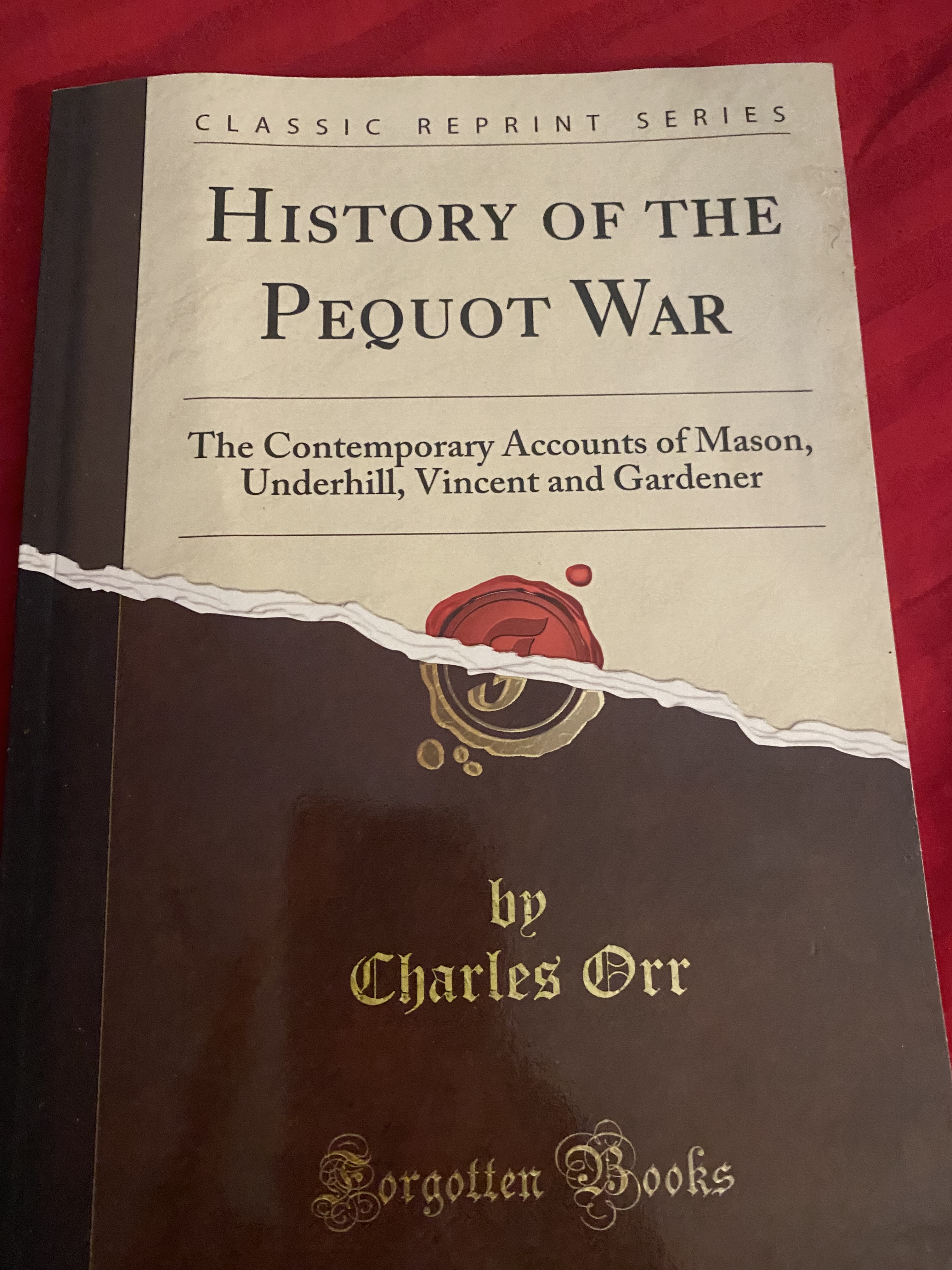It is extremely rare for me to read a just released book. I usually wait for furor and fervor to die down; then acquire it. That can take anywhere from a few weeks to a year, depending on the book. I honestly didn’t know Yellowface is a recent release. I saw a brief review on a FB book group, seemed like it would be a fun but messy read like a book you get at an airport bookstore before a flight. It is a fast read. I read it in less than twenty-four hours. Messy, yes; extremely so. Fun, though? Is experiencing the being currently known as Karen ever really fun? [Back in the day, Karens were known as Miss Ann(s)] Is being a Karen/Miss Ann really worth the time, effort and pain?
Just about every character in this novel is a Karen including the publishing industry itself. There are no heroes. None. On one hand that’s a relief. I mean, who doesn’t get tired of the proverbial white hat wearer riding in on a white horse to save the white person? You could substitute any skin color or nationality for white and my response would be the same. I’d quote Willow from Buffy the Vampire Slayer after she flayed Warren alive: “bored now”. That trope has been tried, accomplished and now needs to be laid to rest. Forever.
The bliss-inducing audacity of a first person narrative when that first person narrator is Karen herself. The FB post I read said something along the lines of she starts “karening” from the first page and that’s true! And she never, ever stops; not even when she’s exposed for stealing (and diluting) the work of a more famous Asian writer; not even when she ends up injured in the hospital after losing a fight. As a metaphor for white nationalism, this literary rendering of Karen is simply brilliant.
What I expected to be a light, quick read was definitely quick. I can’t remember the last time I read a whole novel in less than twenty-fours but light is a subject for debate. I’ll be thinking about Yellowface for awhile.
Recommended.

